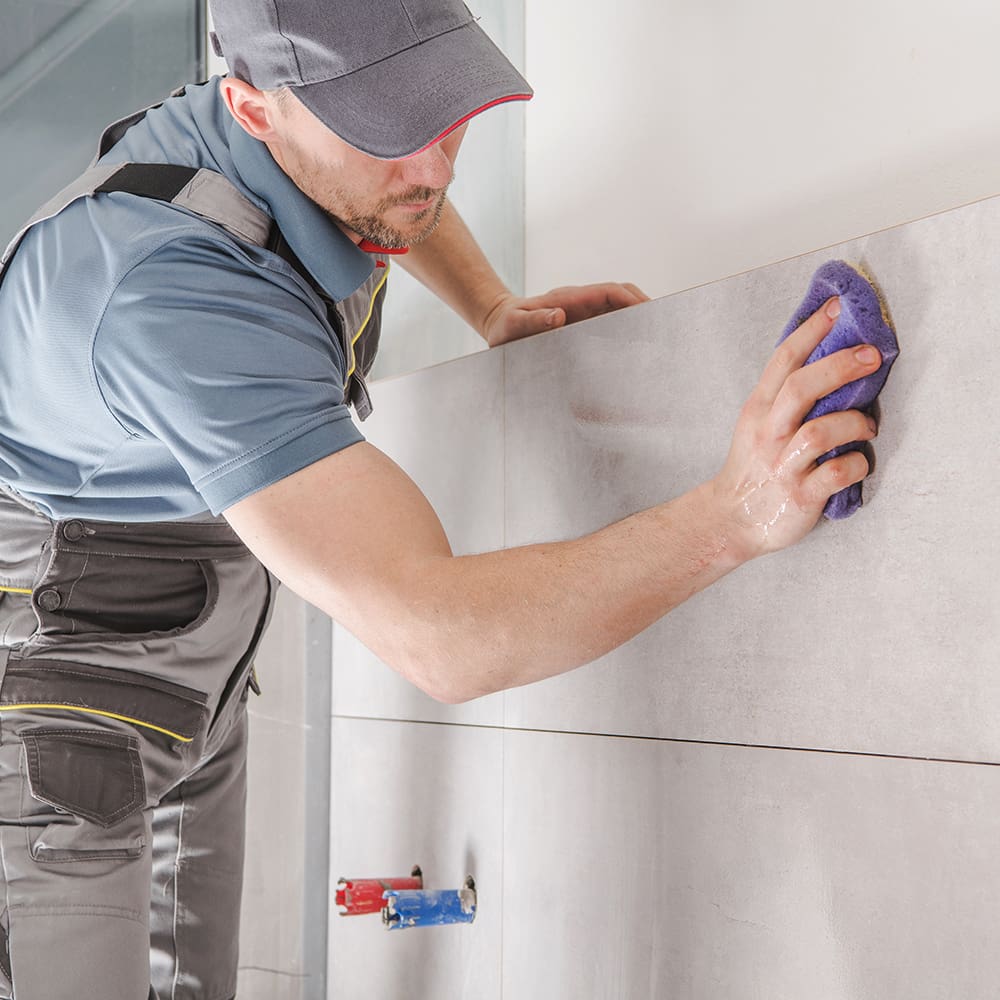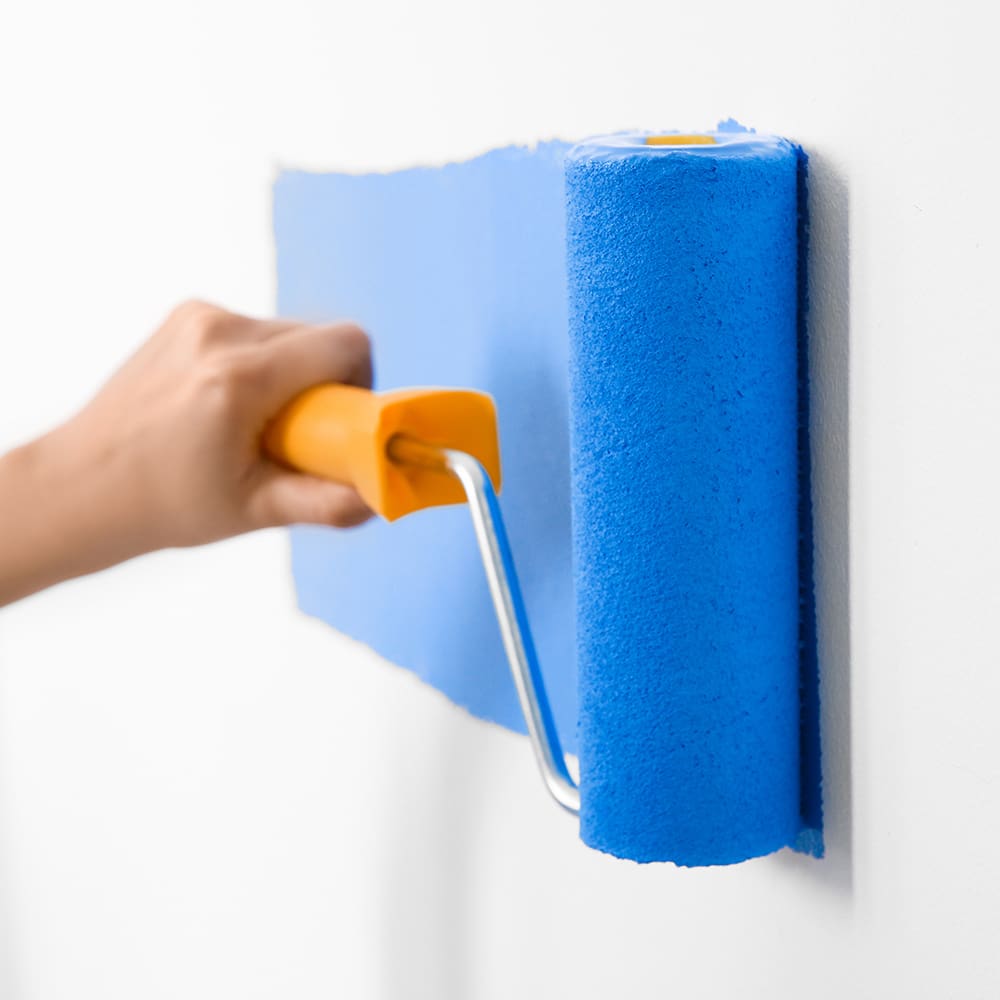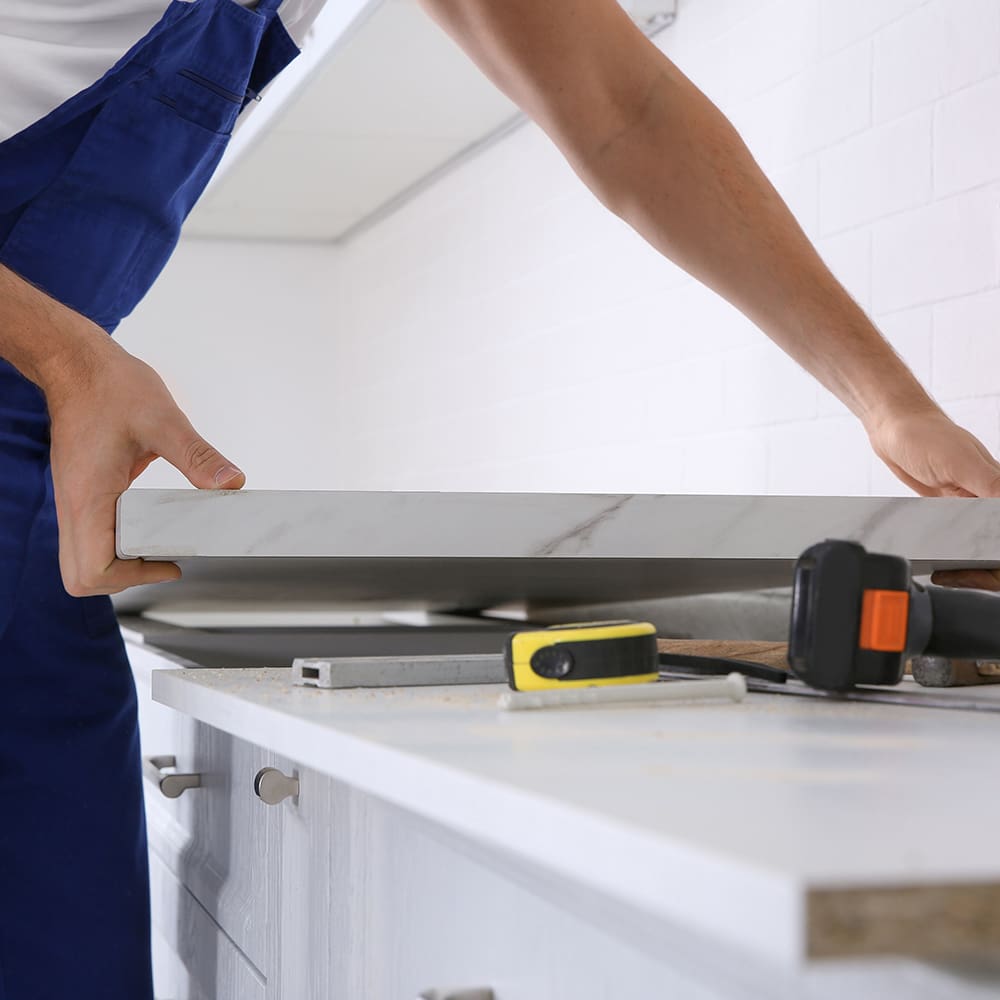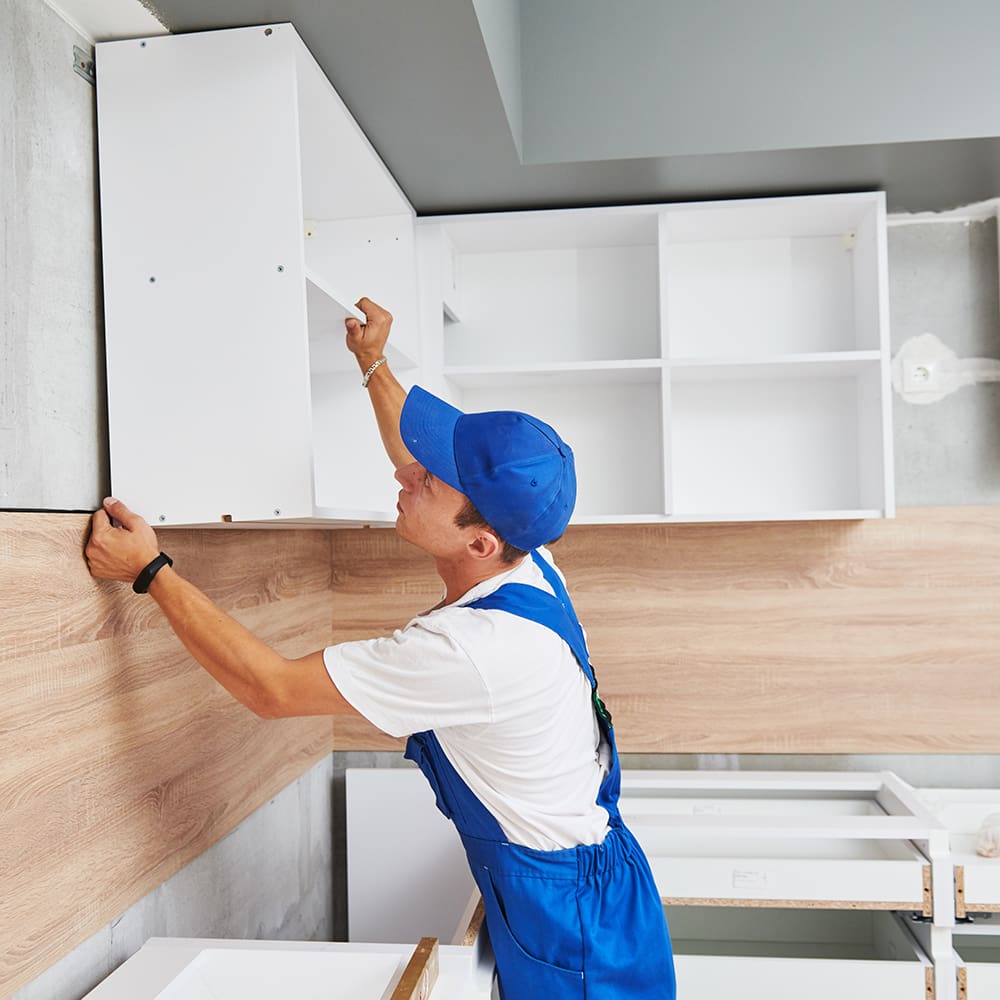The Real Cost of Vinyl Flooring Installation for Homeowners
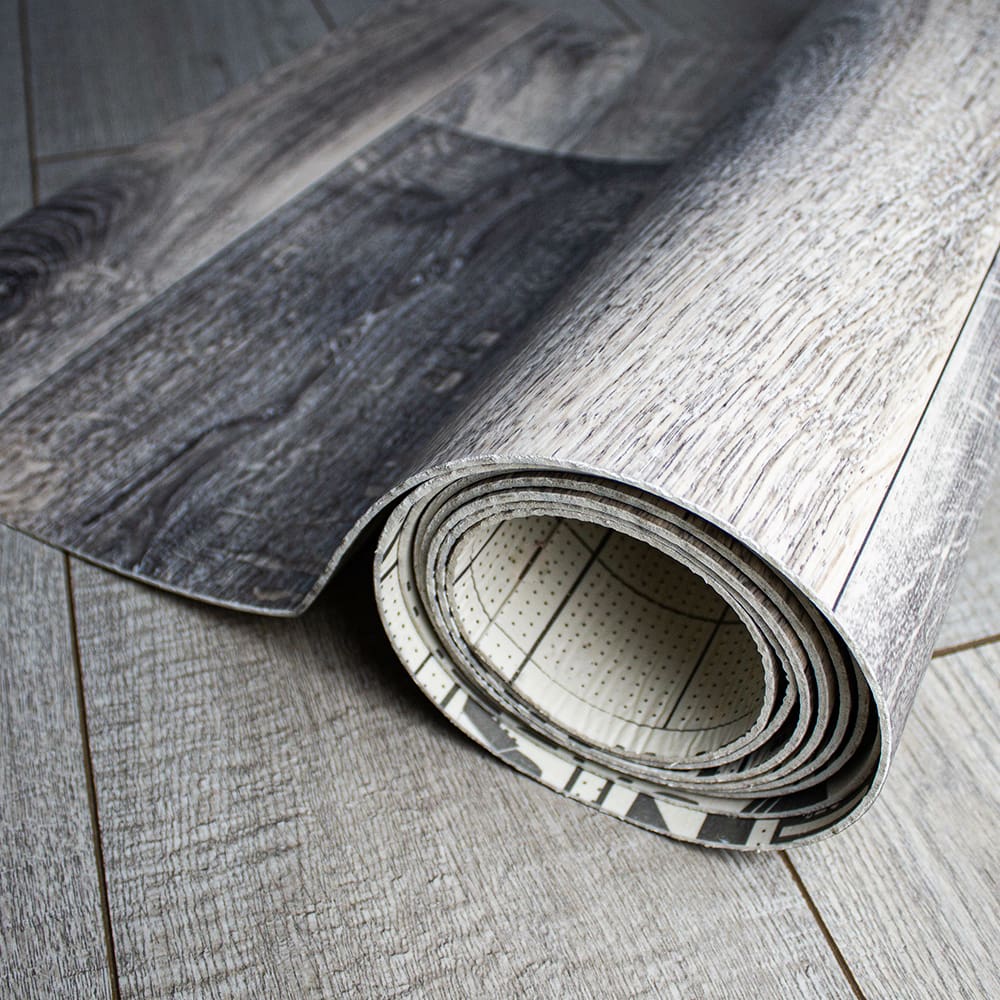
Are you considering vinyl flooring for your home but unsure about the associated costs? You're not alone. Many homeowners are turning to vinyl flooring for its affordability, durability, and stylish appeal. This guide will help you understand the real costs involved in installing vinyl flooring and what factors can influence these expenses.
In this article
Are you considering vinyl flooring for your home but unsure about the associated costs? You’re not alone. Many homeowners are turning to vinyl flooring for its affordability, durability, and stylish appeal. This guide will help you understand the real costs involved in installing vinyl flooring and what factors can influence these expenses.
Understanding the Basics of Vinyl Flooring
Vinyl flooring has become a popular choice among homeowners due to its versatility and cost-effectiveness. Unlike hardwood or ceramic tiles, vinyl offers the same aesthetic appeal at a fraction of the cost. It’s also easy to maintain and available in various styles, including planks, tiles, and sheets.
Why Choose Vinyl Flooring?
One of the main reasons homeowners opt for vinyl flooring is its affordability. Vinyl is significantly cheaper than many other flooring options, making it an excellent choice for budget-conscious homeowners. Furthermore, vinyl is known for its durability and resistance to moisture, making it ideal for kitchens, bathrooms, and basements.
Types of Vinyl Flooring
There are three main types of vinyl flooring to consider:
- Vinyl Plank Flooring – Mimics the look of hardwood and is easy to install.
- Vinyl Tile Flooring – Resembles ceramic or stone tiles and allows for creative patterns.
- Sheet Vinyl Flooring – Comes in large, continuous sheets and is ideal for moisture-prone areas.
Each type has its own cost implications, which we’ll explore further.
Factors Influencing Vinyl Flooring Cost
Several factors can influence the cost of vinyl flooring installation:
- Material Quality – Higher quality vinyl materials will cost more but offer better durability and appearance.
- Room Size – Larger rooms require more materials and labor, increasing the overall cost.
- Installation Method – Professional installation will add to the cost, but DIY installation can save you money.
Material Costs
The cost of vinyl flooring materials can vary depending on the type and quality. On average, vinyl plank and tile flooring can range from $2 to $7 per square foot. Sheet vinyl is typically cheaper, costing between $1 and $4 per square foot. Higher-end, luxury vinyl options can cost up to $10 per square foot.
Installation Costs
Professional installation costs can add significantly to your overall expenses. On average, installation fees range from $1 to $3 per square foot. This includes labor, adhesives, and any necessary subfloor preparations. DIY installation kits are available and can reduce these costs, but they require time, effort, and a certain level of skill.
Additional Costs to Consider
When budgeting for vinyl flooring installation, don’t forget to account for additional costs such as:
- Underlayment and Subfloor Preparation – Essential for a smooth and durable finish.
- Trim and Moldings – Necessary for a polished look and seamless transitions between rooms.
- Removal of Existing Flooring – Can add to labor costs if you need to remove old floors.
Comparing Vinyl Flooring Costs to Other Options
Vinyl flooring is generally more affordable than other popular flooring options such as hardwood, ceramic tiles, and natural stone. Hardwood flooring can cost between $6 and $12 per square foot, while ceramic tiles range from $5 to $10 per square foot. Natural stone options like marble or granite can cost upwards of $15 per square foot.
Long-Term Value of Vinyl Flooring
While vinyl flooring is cheaper upfront, it’s essential to consider its long-term value. High-quality vinyl can last up to 20 years with proper care, making it a cost-effective choice for many homeowners. Its ease of maintenance and durability also contribute to its long-term value.
Benefits of Professional Installation
While DIY installation can save money, professional installation ensures a flawless finish and avoids potential mistakes that could lead to additional costs. Professionals have the experience and tools needed to handle complex installations, ensuring your vinyl flooring looks great and lasts long.
DIY Installation Tips
If you decide to tackle the installation yourself, here are some tips to ensure success:
- Prepare the Subfloor – Ensure it’s clean, dry, and level before starting.
- Measure Accurately – Double-check measurements to avoid wastage and ensure a perfect fit.
- Follow Manufacturer Instructions – Adhere to guidelines for adhesives, layout, and cutting to ensure a professional finish.
Choosing the Right Vinyl Flooring for Your Home
Consider the following when selecting vinyl flooring for your home:
- Lifestyle – High-traffic areas may require more durable options.
- Aesthetics – Choose styles and colors that complement your home’s decor.
- Budget – Factor in both material and installation costs to stay within your budget.
Environmental Impact of Vinyl Flooring
Vinyl flooring is made from synthetic materials, which raises concerns about its environmental impact. However, many manufacturers now offer eco-friendly options made from recycled materials. Additionally, vinyl’s durability and low maintenance requirements can reduce its overall environmental footprint.
Conclusion
Vinyl flooring offers a cost-effective, durable, and stylish solution for homeowners looking to upgrade their floors. By understanding the various costs involved and considering factors like material quality, room size, and installation method, you can make an informed decision that fits your budget and needs. Whether you choose professional installation or decide to go the DIY route, vinyl flooring can provide a beautiful and long-lasting addition to your home.

